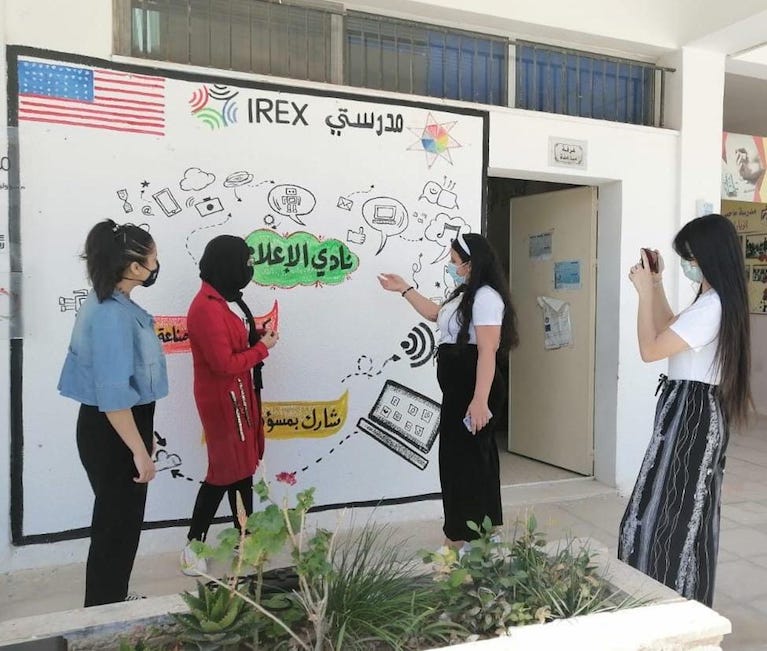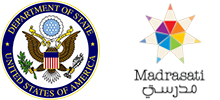Overview
The Media Clubs project works with teachers from underserved public high schools in Jordan to develop students’ critical-thinking skills and resilience to manipulative information, hate speech, and conspiracy theories through extracurricular clubs.
The project uses IREX’s Learn to Discern (L2D) methodology to promote healthy media engagement habits, responsible digital citizenship, and inclusive public debate. Competitive, student-led media initiatives encourage students to learn new digital skills and design products to counter hate speech, stereotypes, cyberbullying, and other forms of manipulation.

